When it comes to fitness and nutrition, one size does not fit all.
This truth is especially evident when discussing protein requirements for women.
Breaking free from outdated stereotypes, we're here to demystify the unique protein needs that women have on their fitness journeys.
Say goodbye to misconceptions and hello to science-backed insights that empower you to achieve your health and fitness goals effectively.

UNDERSTANDING YOUR BODY’S BUILDING BLOCKS
Protein is often referred to as the body's building block, and for good reason. Its multifaceted importance extends across various physiological functions, serving as a pivotal factor in maintaining the intricate balance within our biological systems.
It plays a critical role in repairing tissues, supporting immune function, and, most importantly, maintaining and building lean muscle mass. {Source}
This foundational nutrient empowers our bodies to repair injuries, fortify immune defenses, and ensure that our muscles remain robust and resilient.
For women, just like men, muscle is vital for overall health and metabolism regulation. In the realm of fitness and well-being, the value of lean muscle extends universally, transcending gender boundaries. This underscores the necessity for adequate protein intake, as it furnishes the body with the essential amino acids required to stoke the fires of muscle growth and foster efficient recovery processes, bolstering strength and vitality regardless of gender.
BUSTING THE MYTH OF BULKING
One common misconception is that consuming protein will lead to bulky muscles. This myth can discourage women from prioritizing protein in their diets, stemming from a misunderstanding of how protein influences muscle development.

However, the reality is that women naturally have lower levels of testosterone, a hormone that plays a significant role in muscle hypertrophy. This physiological difference means that protein consumption, even at higher levels, is unlikely to result in overly bulky muscles for women.
Rather than fostering bulkiness, a protein-rich diet contributes to the development of a toned and strong physique, enhancing the body's capabilities and promoting optimal overall health and fitness. {Source}
This nuanced understanding empowers women to embrace protein as a powerful ally on their fitness journey, dispelling misconceptions and fostering a more accurate perspective on its role in achieving their desired results.
TAILORING PROTEIN INTAKE FOR YOUR GOALS
Protein requirements vary based on factors such as activity level, goals, and body composition. This personalized nature of protein needs emphasizes the importance of tailoring intake to individual circumstances, reflecting the intricate interplay between one's lifestyle and nutritional demands.
While a sedentary individual might need less protein to meet basic bodily requirements, the landscape shifts considerably for an active woman aiming to build and maintain muscle.
In this scenario, protein becomes an essential ally in the pursuit of optimal muscle development and overall fitness. Recognizing that one size does not fit all, consulting with a qualified nutrition professional is important and this collaborative approach ensures that your protein intake aligns seamlessly with your aspirations, helping you achieve your desired outcomes while fostering a healthy and balanced relationship with nutrition.

THE ROLE OF PROTEIN IN WEIGHT MANAGEMENT
Protein isn't just about muscle growth—it's a powerful tool for weight management too. Its influence extends beyond the realm of muscle development, offering a strategic advantage in the pursuit of a balanced and healthy weight.
Protein-rich foods hold a unique ability to increase satiety, a crucial factor in the battle against unwanted cravings and overeating.
This quality becomes a secret weapon in the fight to achieve and maintain a healthy weight, as the sustained feeling of fullness helps curb impulsive snacking and promotes mindful eating. The integration of adequate protein into your meals acts as a conscious step towards enhancing dietary choices.
By prioritizing these nutrient-rich options, you're naturally inclined to opt for healthier selections, which, over time, can collectively contribute to weight loss or the successful maintenance of your desired weight.
This multifaceted role of protein underscores its importance not only in muscle development but also in fostering a well-rounded and effective approach to managing your body composition and overall health.

EMBRACING PROTEIN DIVERSITY
While animal sources like chicken, fish, and eggs are well-known protein options, don't overlook the richness of plant-based sources available to you. Plant-based protein options are not only viable but also bring a host of unique benefits to the table.
Legumes, tofu, quinoa, nuts, and seeds stand out as excellent alternatives that provide essential amino acids while also delivering an array of vitamins, minerals, and fiber.
These plant-based sources offer a comprehensive nutritional package that extends beyond protein alone. Embracing a diverse protein intake ensures that you're not only supporting muscle development and growth but also nourishing your body with the multitude of nutrients required for overall health. {Source}
By incorporating both animal and plant-based protein sources into your diet, you're fostering a holistic approach to nutrition that elevates your fitness journey and promotes your well-being from multiple angles.
Be sure to check out Ultimate Nutrition’s Protein Isolate 2, a delicious vegan blend that is a combination of two different vegetable proteins, derived from wheat and peas offering a more complete and balanced amino acid profile.

TIMING IS EVERYTHING
The timing of protein consumption is a crucial factor, particularly for women who actively participate in physical endeavors. Recognizing the dynamic nature of the body's needs during and after exercise, strategic protein intake can amplify the benefits of your workouts.
Consuming protein-rich meals or snacks before and after your workouts acts as a strategic catalyst for muscle recovery and growth.
Pre-workout protein primes your body with a readily available source of amino acids, providing the necessary fuel to enhance performance and support muscle maintenance during your session. Post-workout protein intake then capitalizes on the window of opportunity when your muscles are most receptive to nutrient uptake.
By ensuring that your muscles have a replenishing supply of amino acids immediately after exertion, you're promoting effective recovery and creating an environment conducive to muscle growth.
Embracing this strategic approach to protein timing harmonizes seamlessly with your fitness aspirations, enabling you to maximize the gains derived from your efforts while fostering the optimal development of lean muscle mass. {Source}
PREGNANCY AND PROTEIN
During pregnancy, a woman's protein needs take on a heightened significance, serving as a vital foundation for both her own well-being and the optimal growth of the developing baby. The journey of pregnancy demands a nuanced approach to nutrition, where protein plays an integral role in nurturing the intricate dance of life within.
Adequate protein intake during pregnancy extends its influence to the creation of essential new tissues and the development of the placenta—a lifeline that connects mother and baby, providing crucial nourishment and support. {Source}
Protein's ability to build and repair tissues assumes a new dimension during this transformative phase, fostering the delicate balance required to ensure both maternal health and the flourishing of the growing life within.
Given the uniqueness of this chapter, seeking guidance from a qualified healthcare provider becomes paramount. Their expertise will help you navigate the nuanced terrain of protein intake during pregnancy, ensuring that you provide the optimal nourishment to sustain both yourself and the precious life you're nurturing.

AGE AND PROTEIN
As the years unfold, the preservation of muscle mass becomes a pivotal consideration for women's health and vitality. The aging process ushers in changes that underscore the importance of proactive measures to safeguard one's physical well-being. {Source}
Protein, in this context, assumes a critical role as a protective ally against age-related muscle loss, a phenomenon that can compromise mobility and overall functionality.
By sustaining protein intake, you're fortifying your body's ability to counteract the natural decline in muscle mass that often accompanies aging. This safeguarding action extends beyond muscles alone, encompassing the fortification of bone health and the cultivation of enduring muscle strength.
Prioritizing protein intake as part of your dietary approach enhances the foundation for a life characterized by energy, movement, and the vitality that accompanies optimal well-being. With each protein-rich meal, you're actively investing in a future marked by strength, independence, and the fulfillment of your potential at every stage of life.
NAVIGATING PROTEIN SUPPLEMENTS
Protein supplements, including the versatile options offered by protein powders, emerge as a practical solution to fulfill your protein requirements, particularly during the hustle and bustle of busy days. These supplements offer a streamlined method to ensure that your body receives the nourishment it craves, even when time is at a premium.
When selecting protein supplements, prioritize high-quality products that offer a comprehensive array of essential amino acids—those crucial components that underpin the body's intricate biological processes. Luckily, Ultimate Nutrition offers a variety of powders and flavors to cater to your preferences.
While protein supplements can play a supportive role in your nutrition regimen, it's important to maintain a perspective that underscores the importance of balance. Supplements should gracefully integrate into your diet, complementing the variety and nutritional richness of whole foods, rather than replacing them entirely.
This conscious approach to supplement integration ensures that you harness their benefits while embracing a holistic nutritional strategy that nurtures your body from multiple angles.
Check out some of Ultimate Nutrition’s articles here about Unraveling the Myths and Benefits of Whey Protein for Women or here when trying to Understand [the Differences Between] Isolate vs Concentrate.

YOUR TAKE HOME MESSAGE
In conclusion, women's protein requirements are unique to each individual's goals and circumstances.
Breaking free from stereotypes involves understanding the science behind protein's role in muscle development, weight management, and overall health. By embracing protein diversity, prioritizing timing, and tailoring intake to your specific needs, you can achieve optimal fitness results while enjoying the many benefits of a protein-rich diet.
Empower yourself with knowledge and let go of outdated notions, because you deserve a personalized approach to nutrition that aligns with your aspirations.
Wishing you Strength & Success,
Sandra, R.H.N.
The information provided in our articles are meant for informational and educational purposes exclusively and should not be considered as medical advice. It is essential to consult a healthcare professional before starting a new nutritional product and/or making significant changes to your diet and/or starting a new exercise regime. These products are not intended to diagnose, treat, cure, and/or prevent disease.

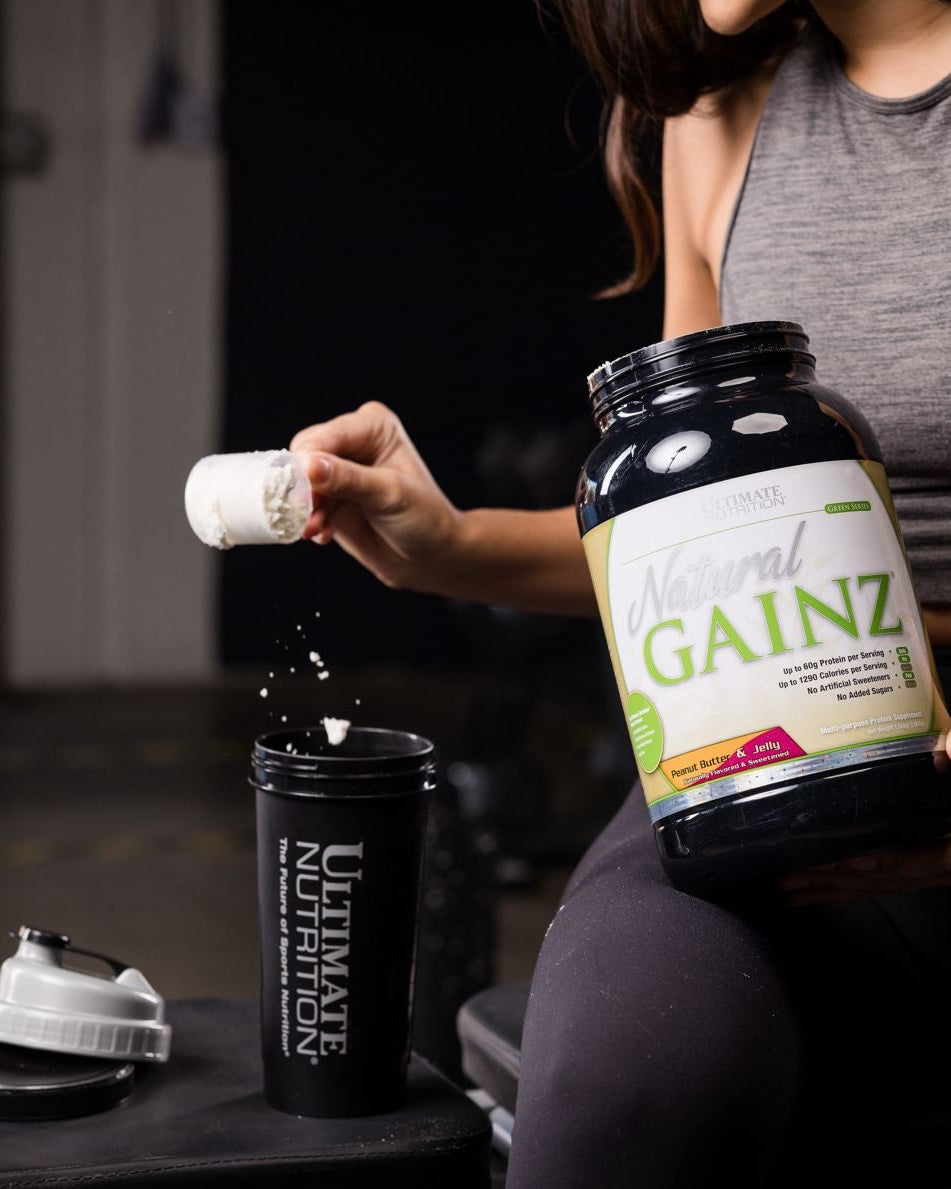
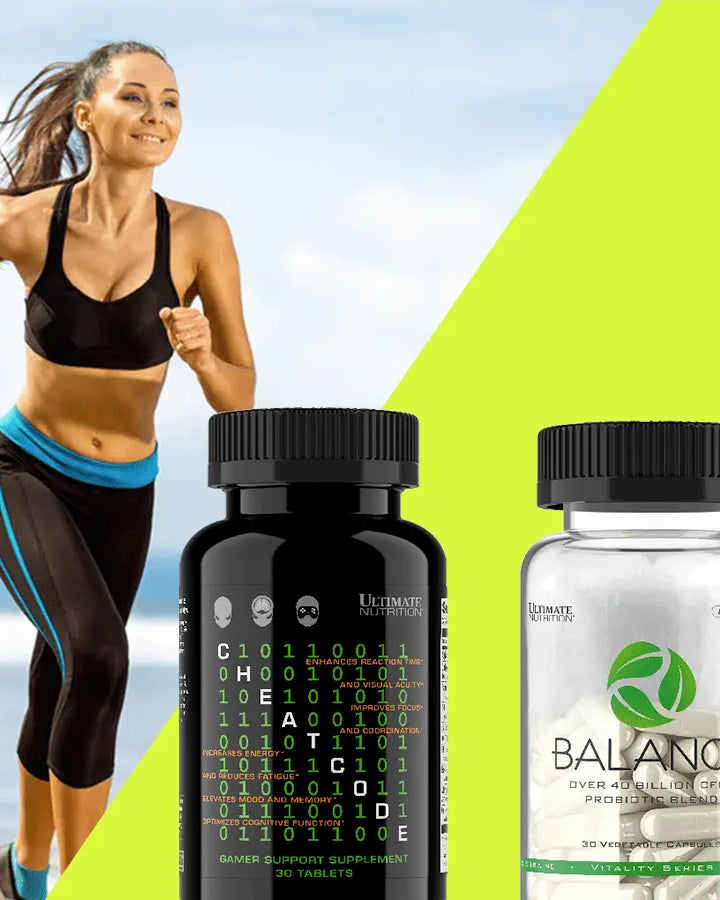
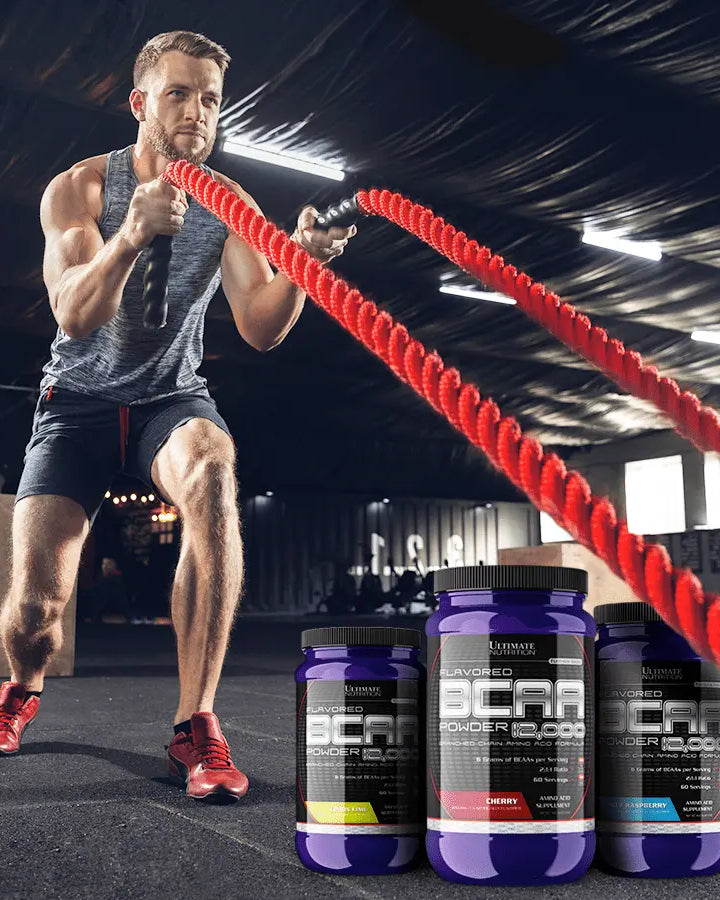
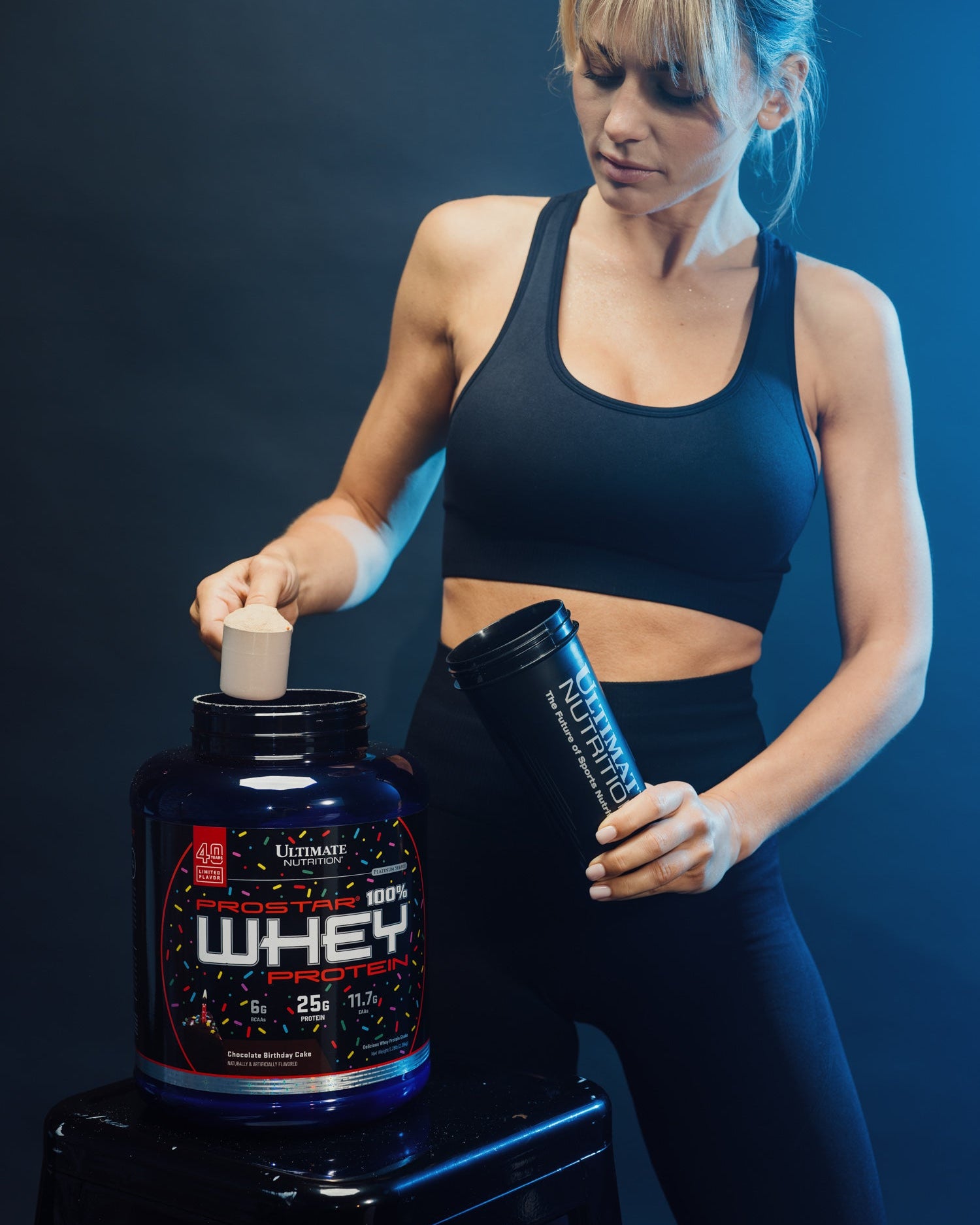
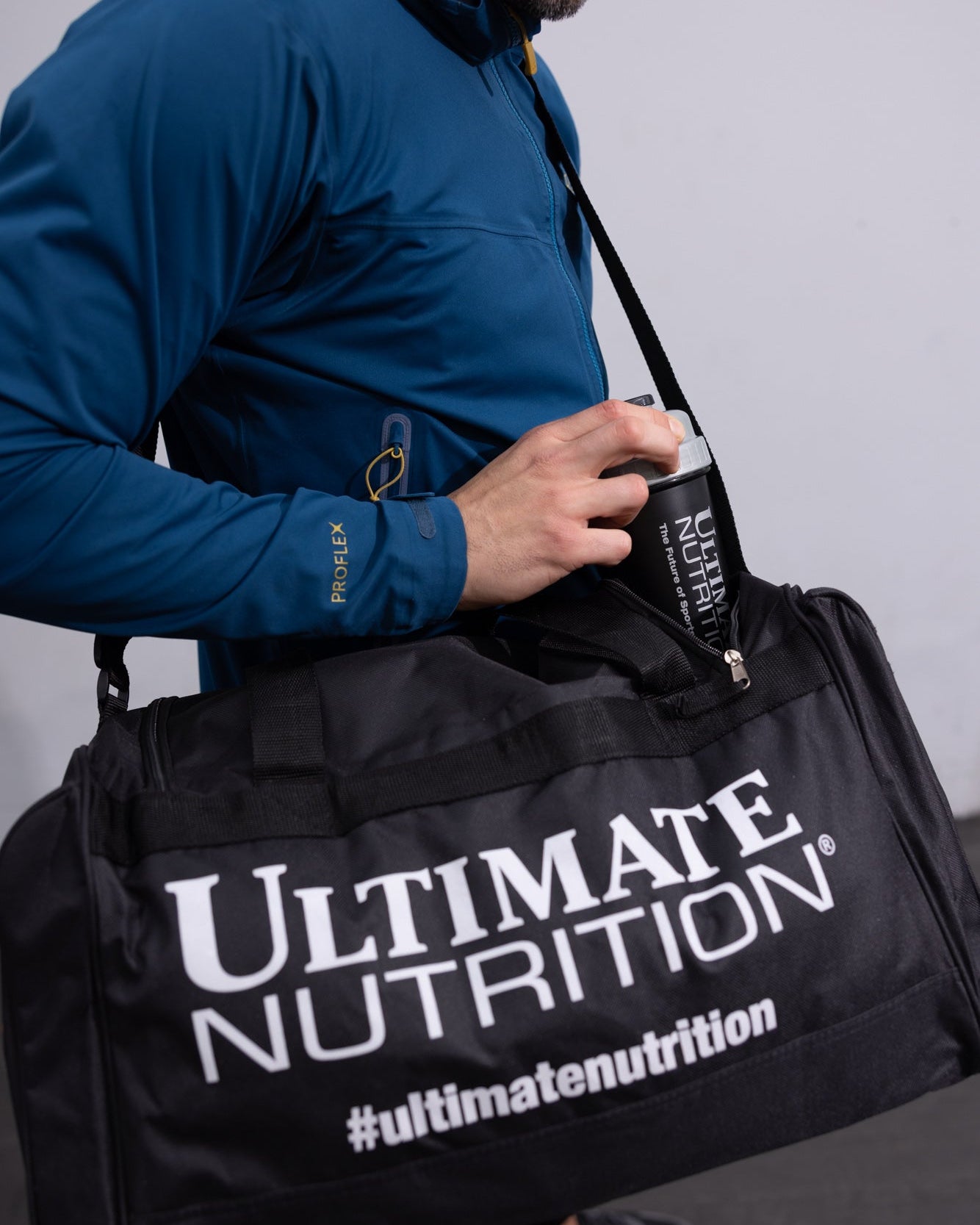
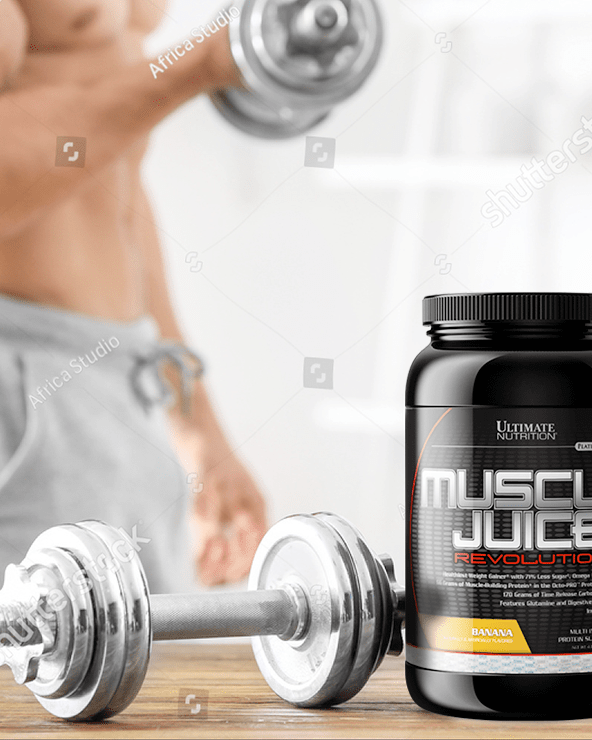

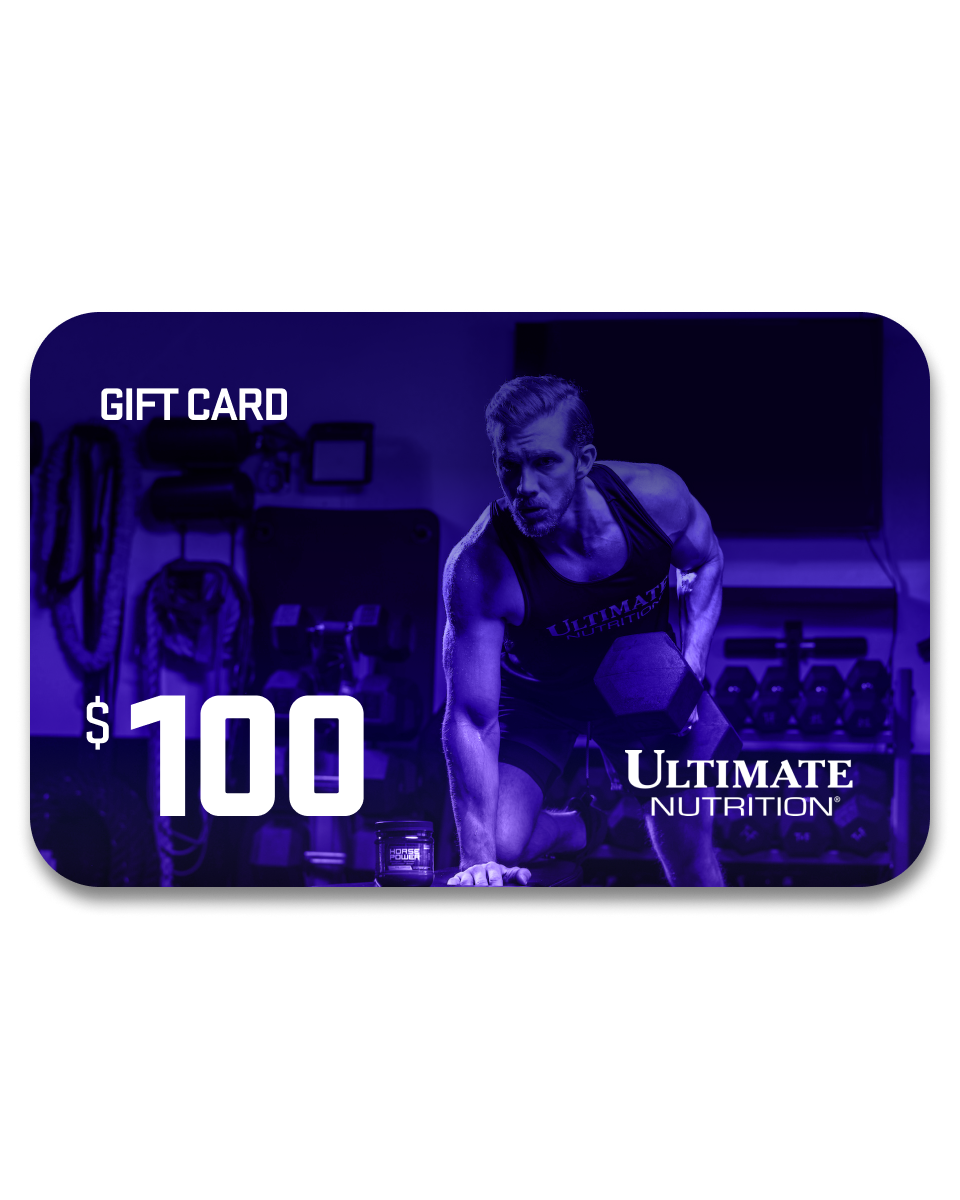
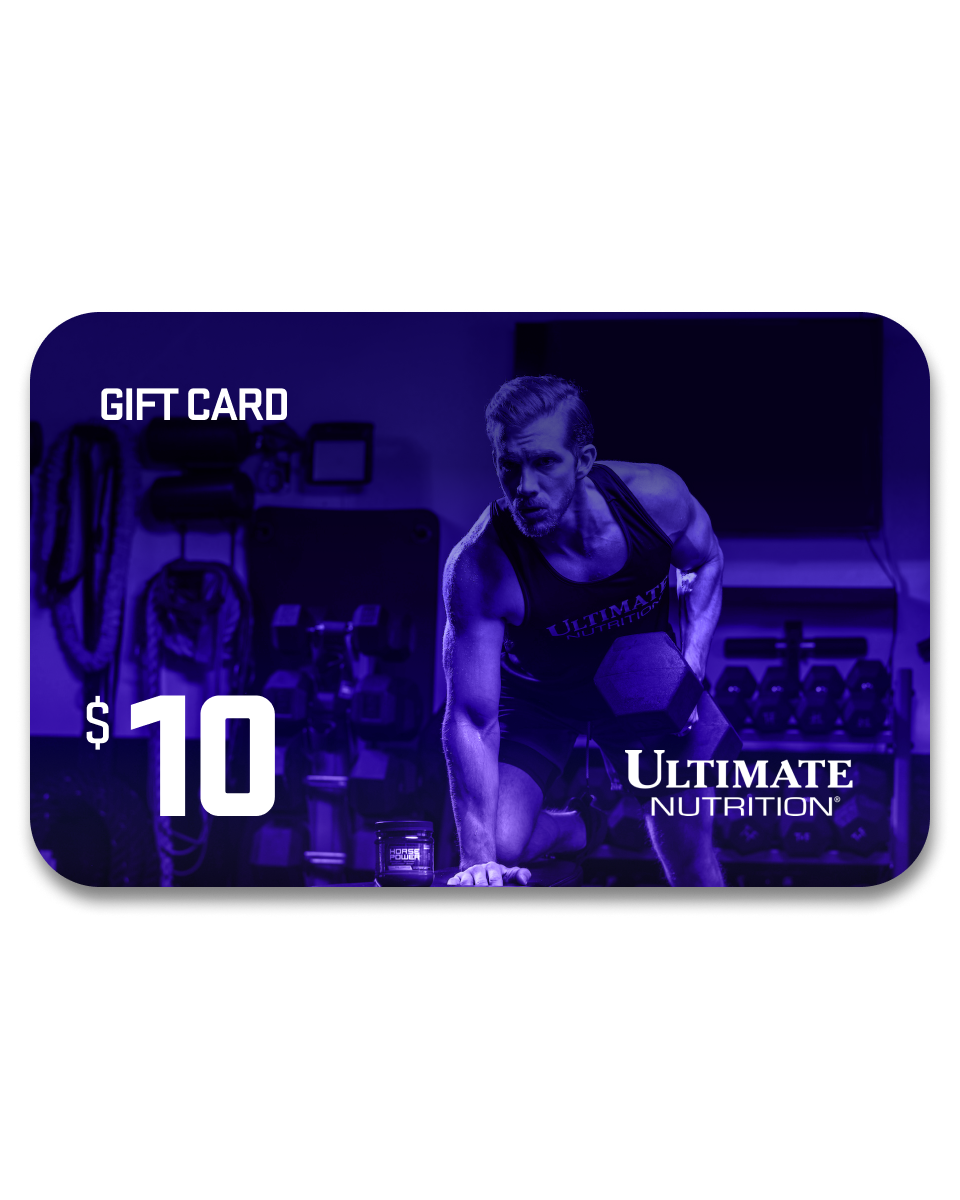
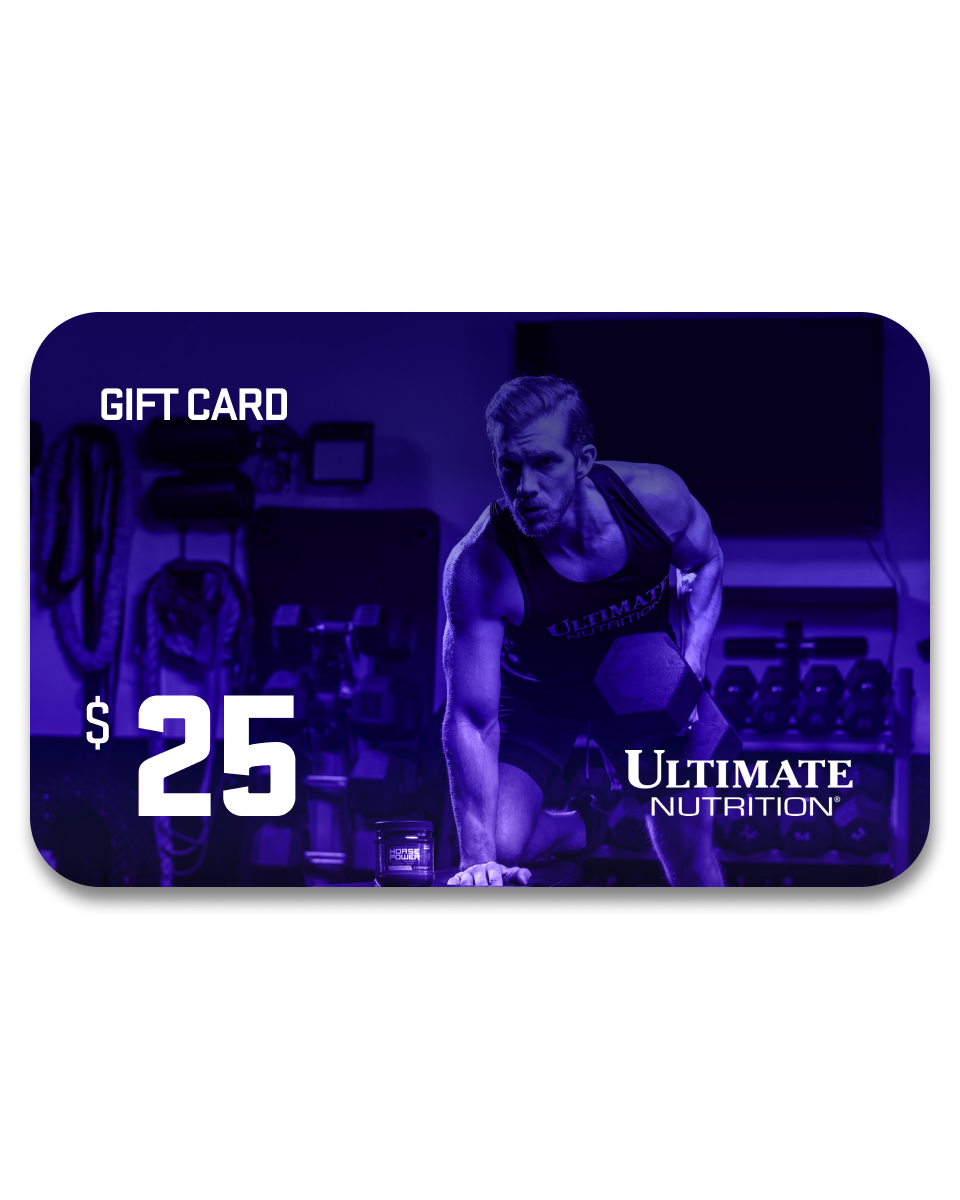
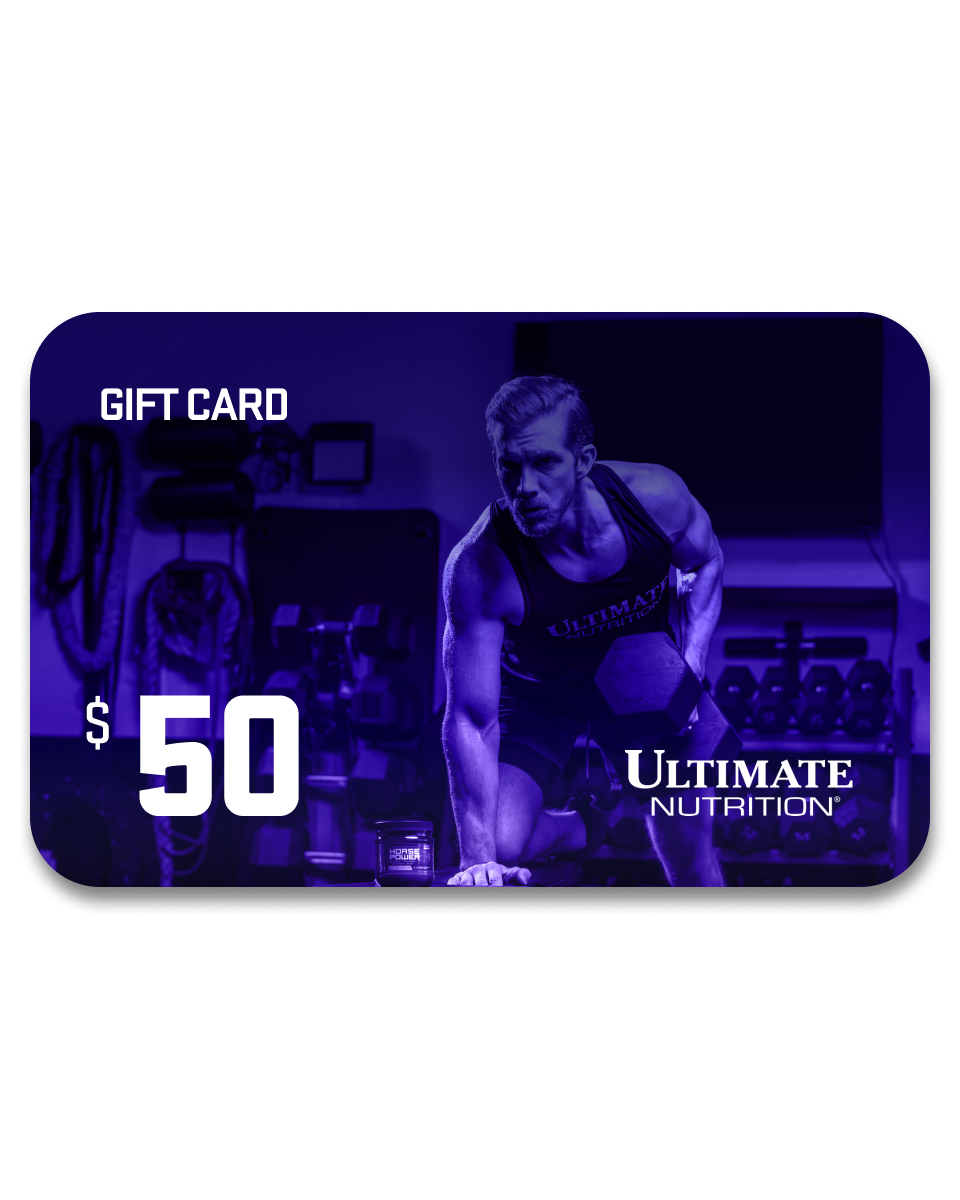
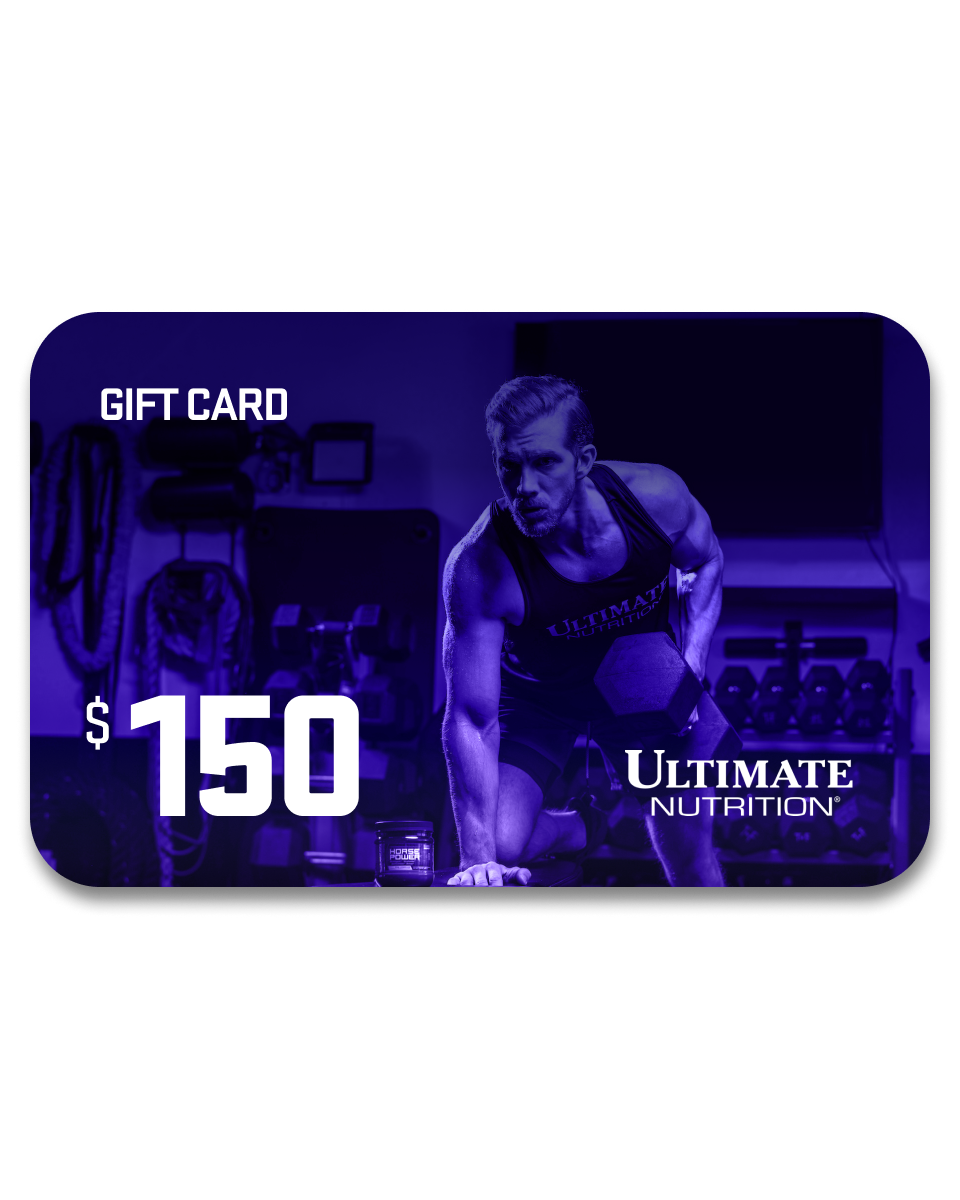
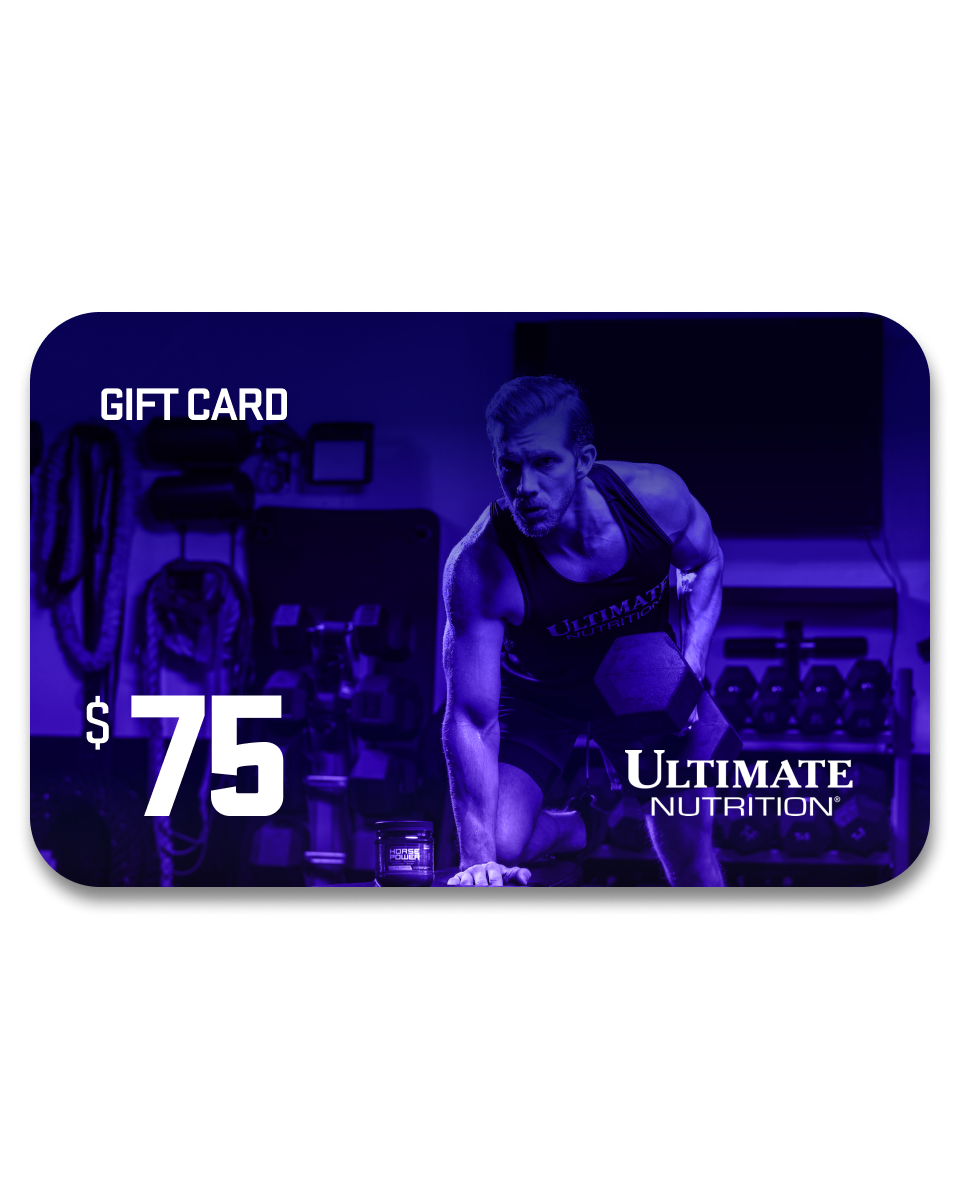
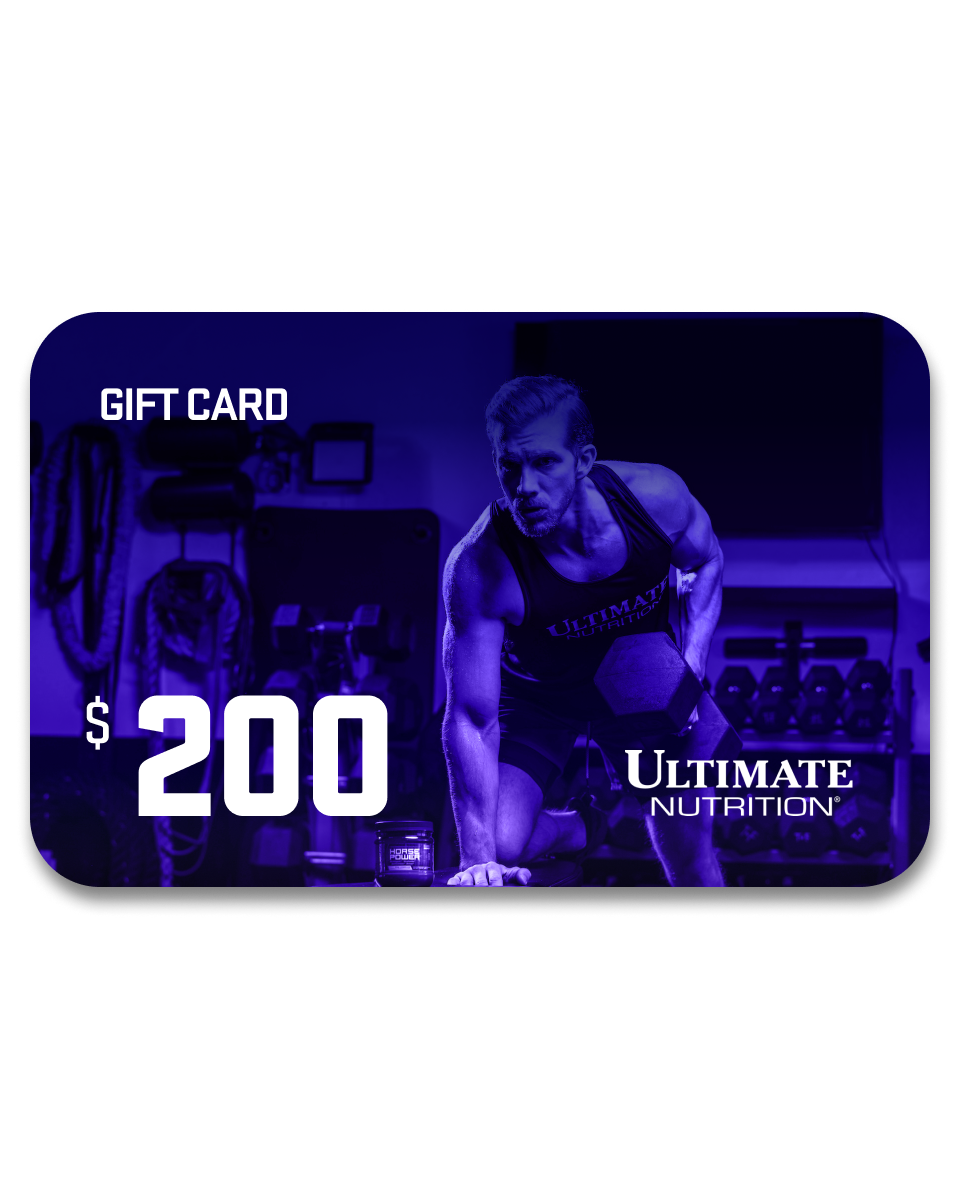
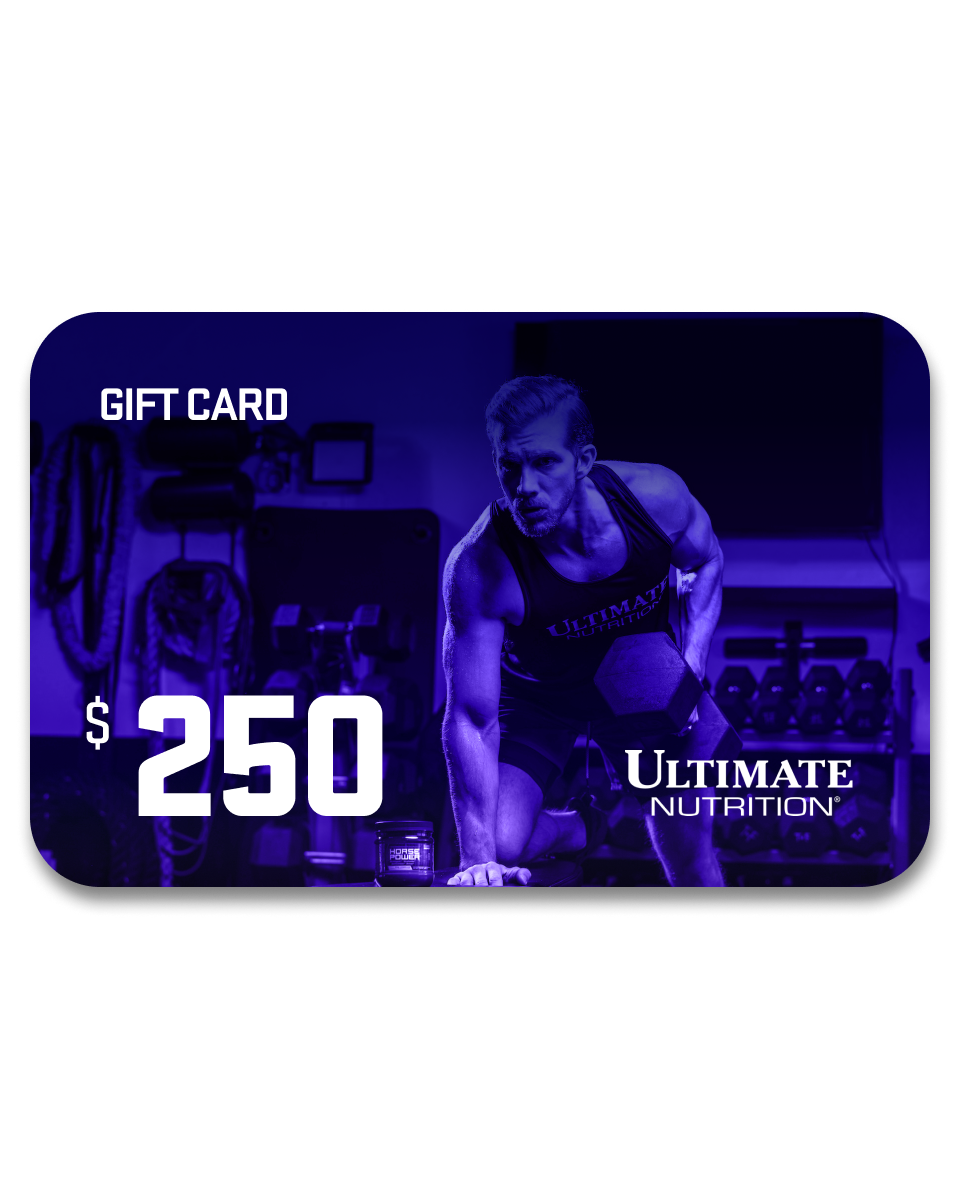
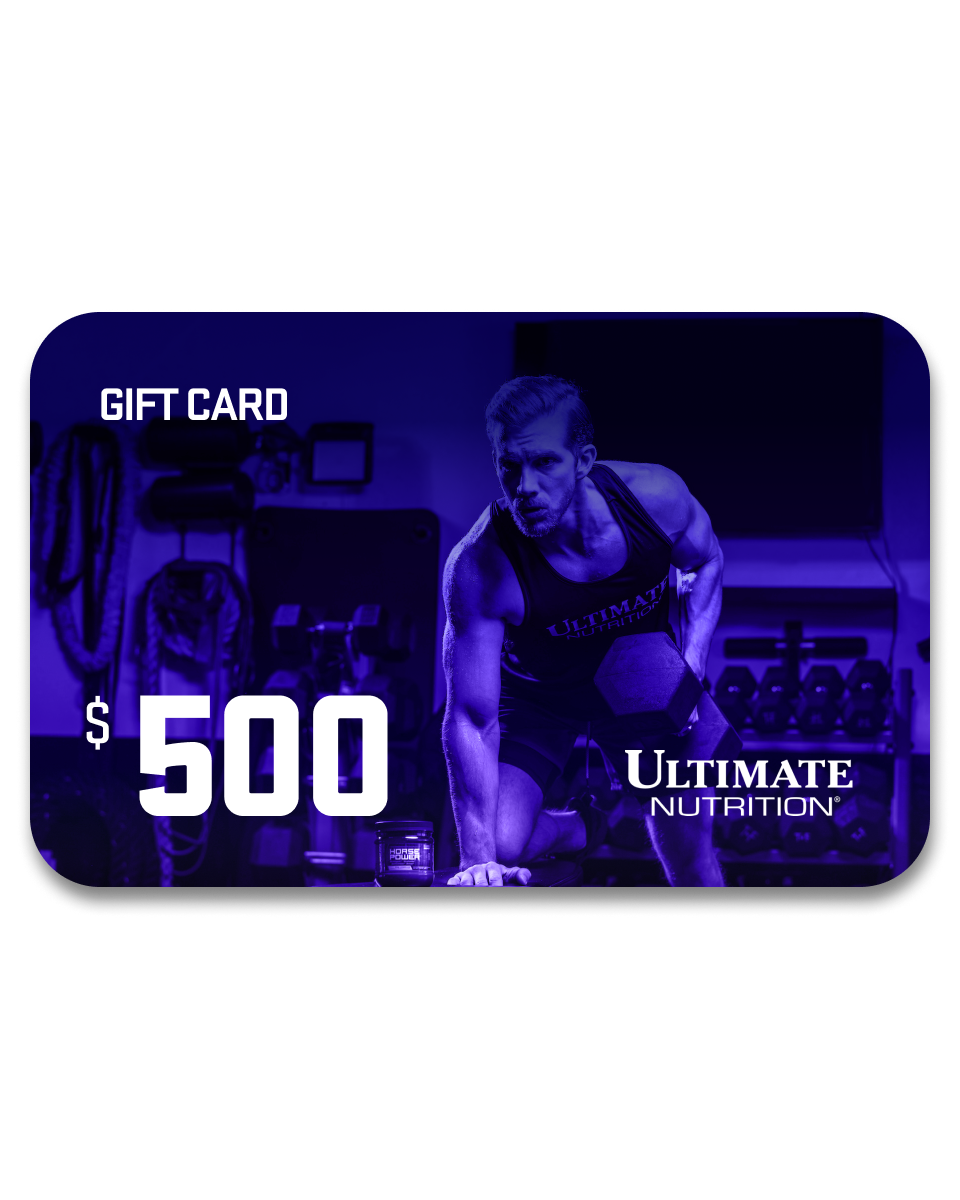
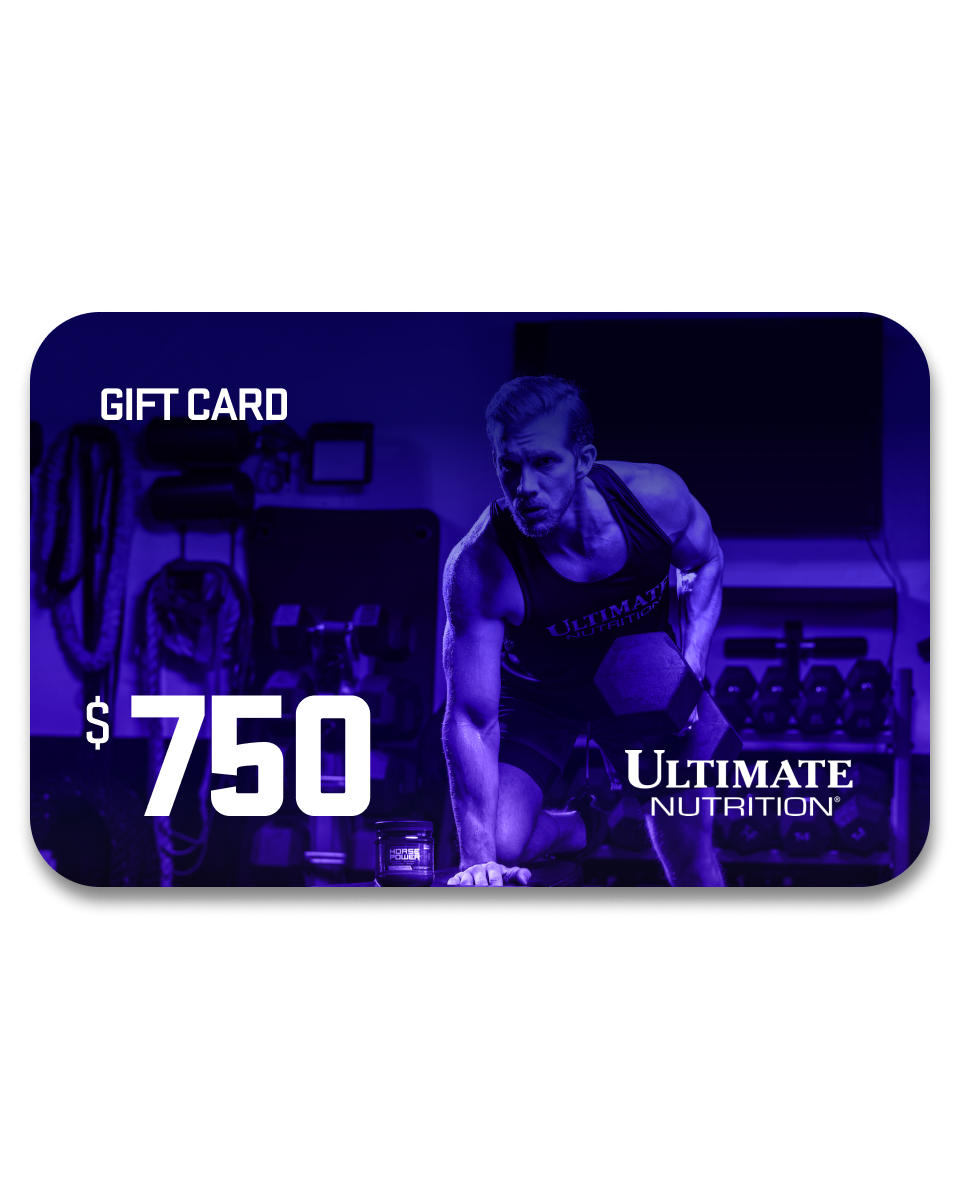
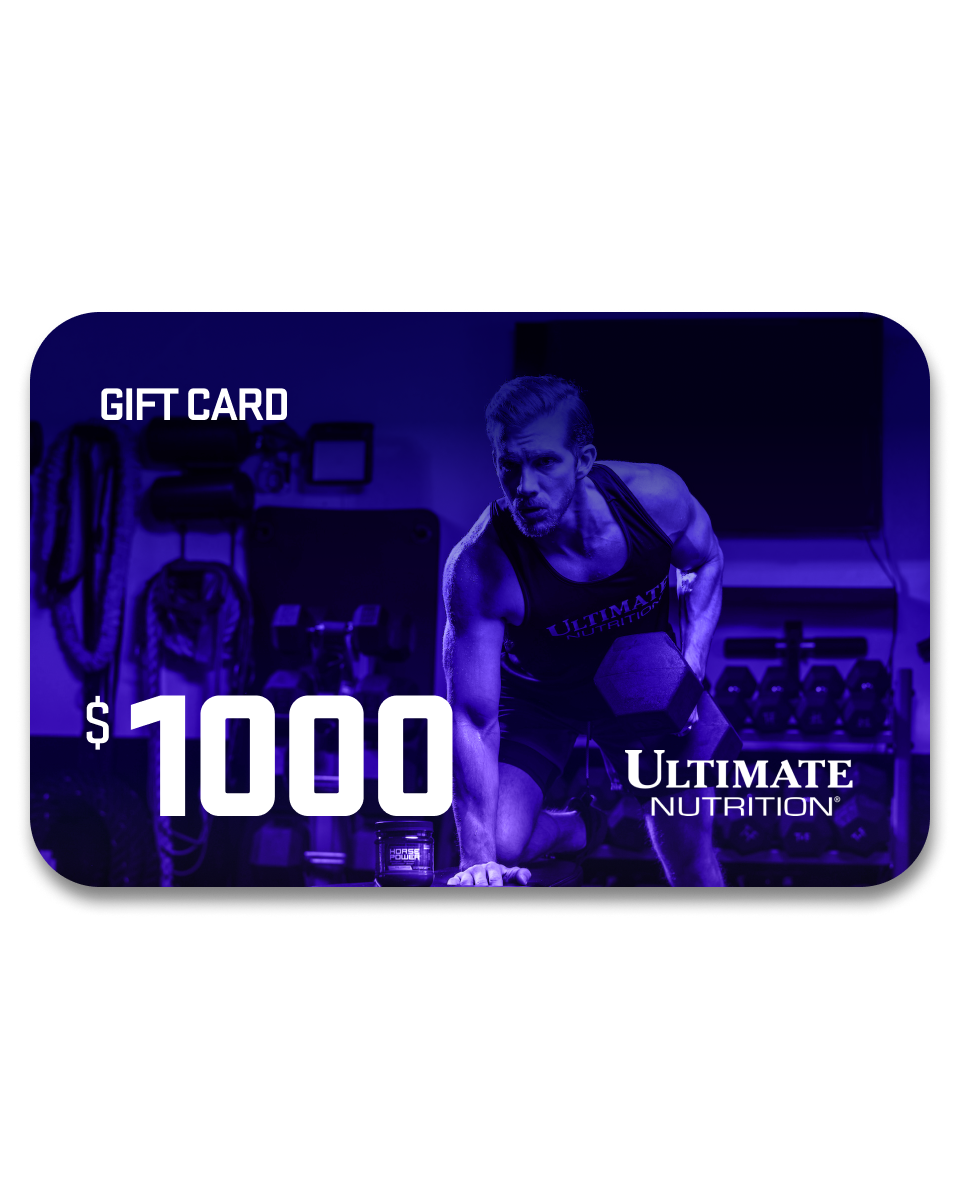



Comments
I am curious who is writing all the new blogs?
I’m unable to follow the flow. Feels like CHATGPT.
Miss the old ones like this and consistency.
Finally, an article that covers every aspect of women and protein. Super refreshing to have all this info in one spot.
It’s also great to see that supplement companies are starting to recognize females and their unique nutritional needs when it comes to training.
Looking forward to more of this sort of content.
Kudos to Ultimate.